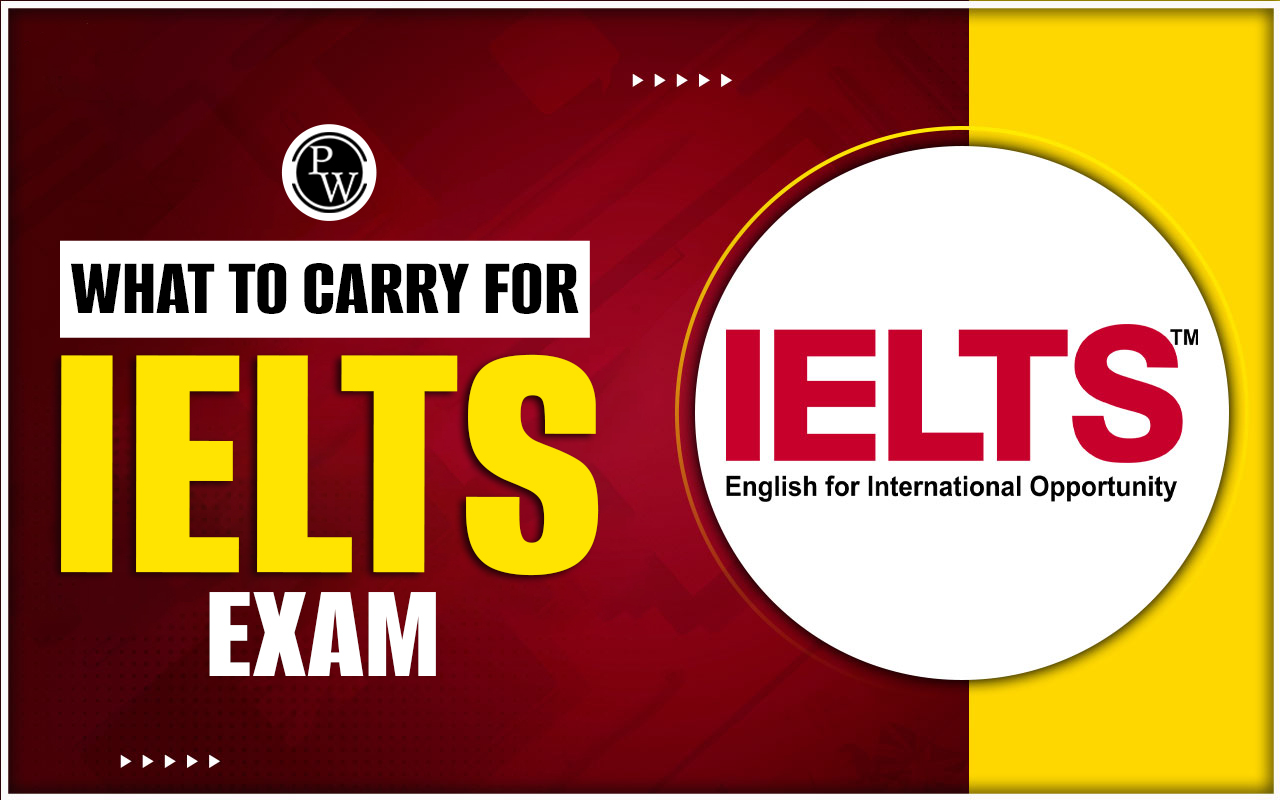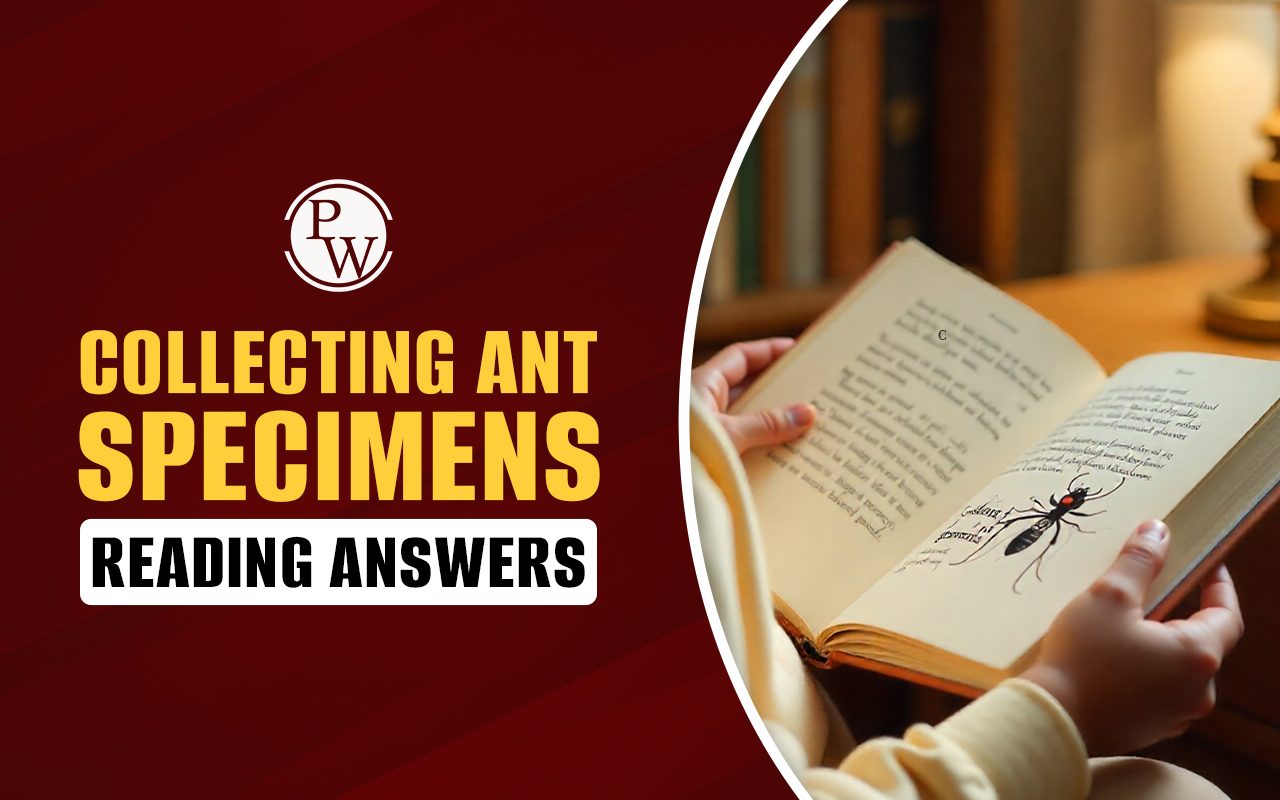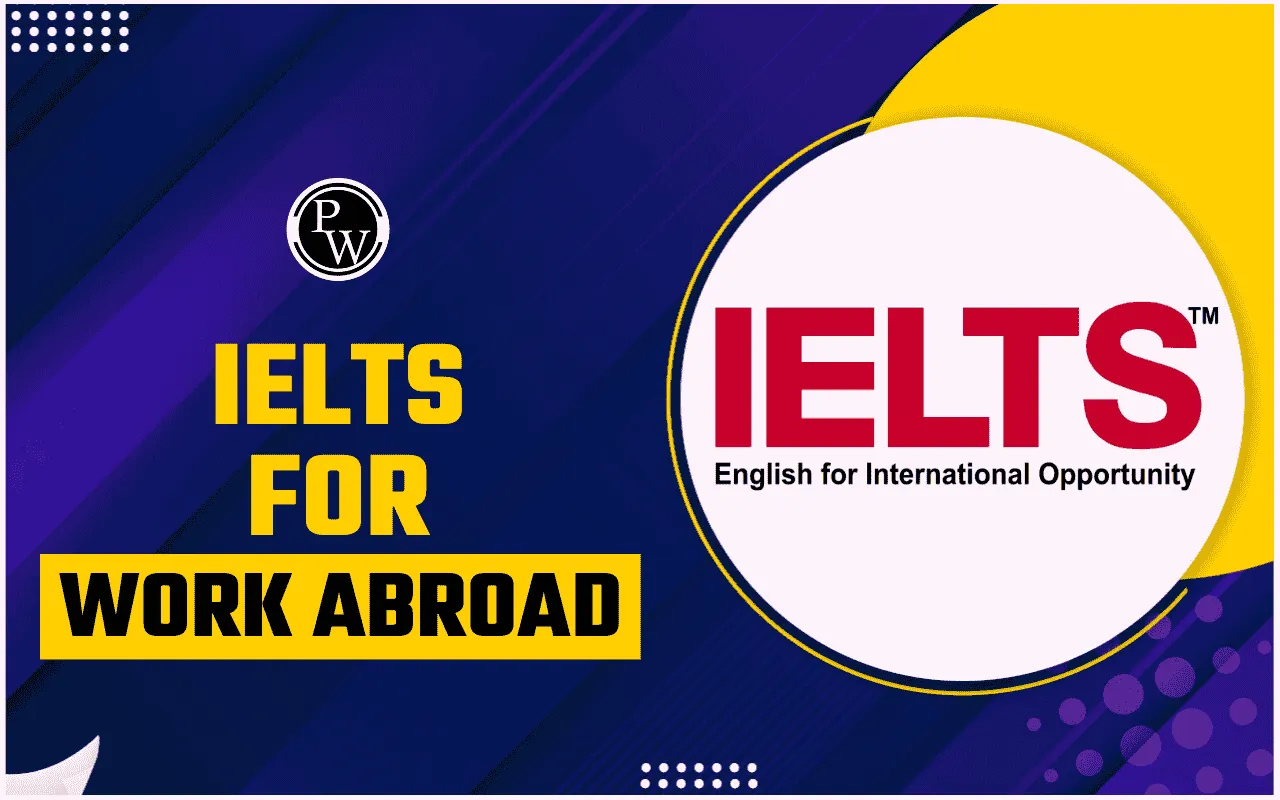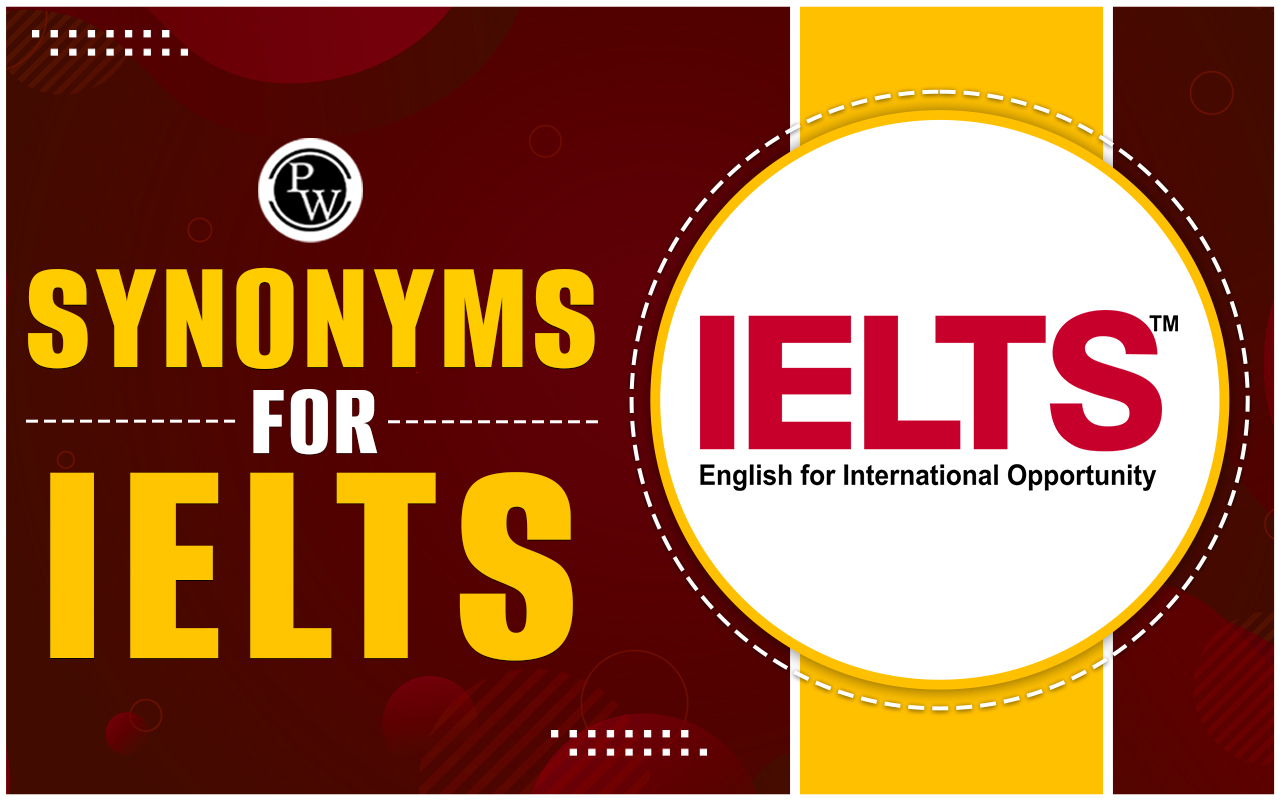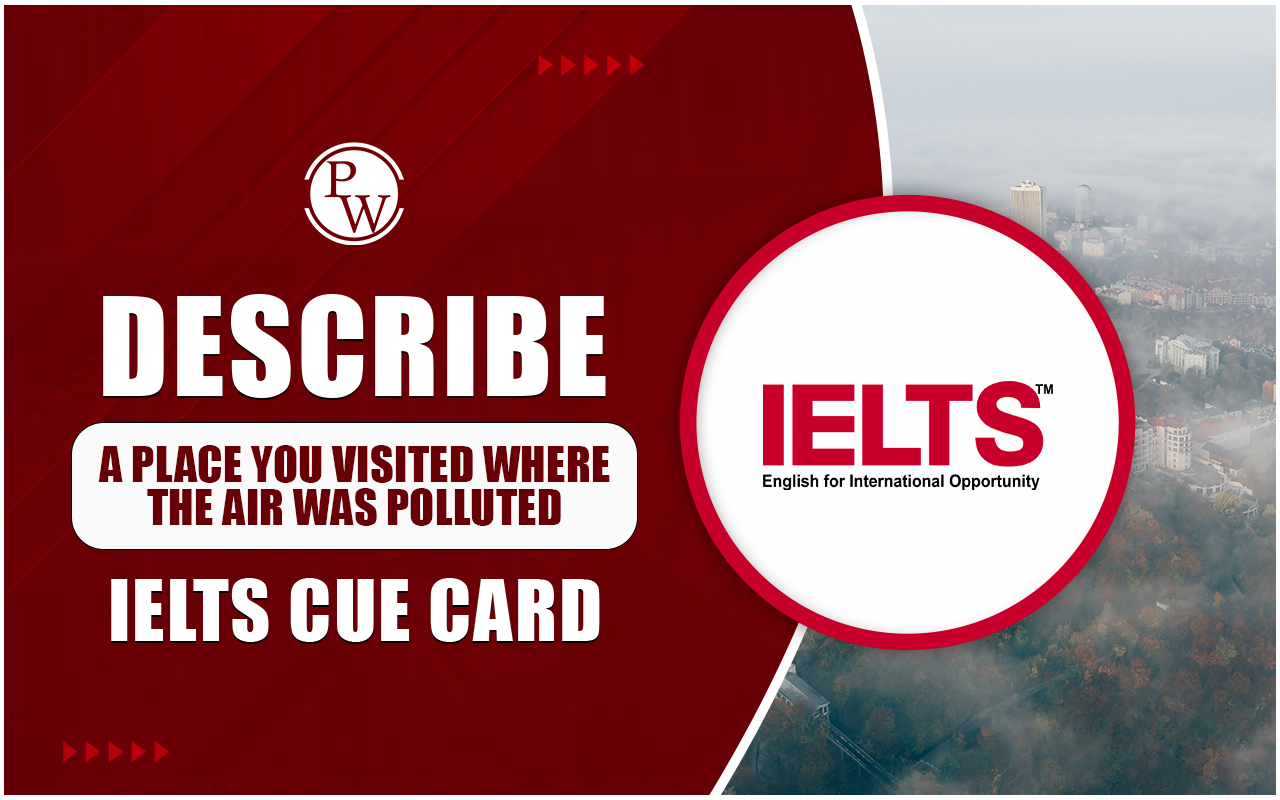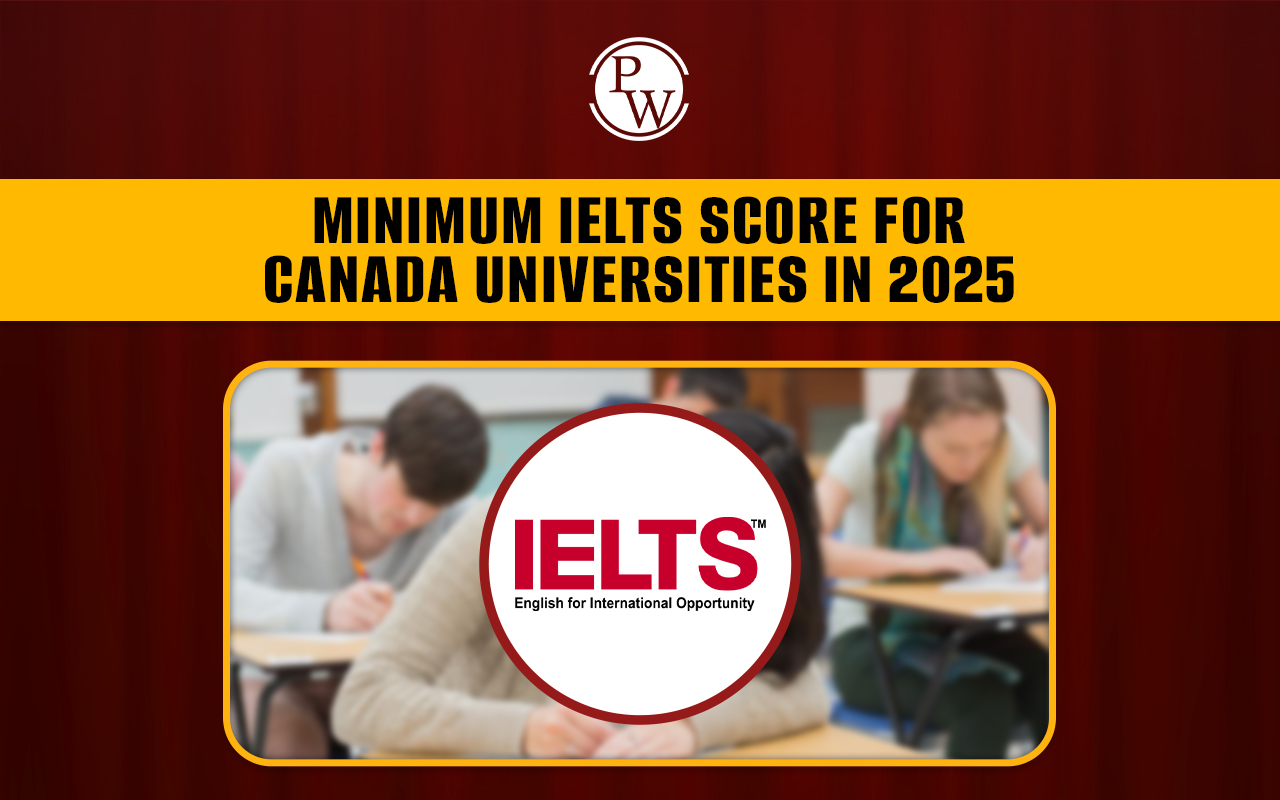

A, An, and The for IELTS : Good grammar knowledge is required for the IELTS exam. The IELTS exam contains no sections that specifically test or concentrate on grammar. But it's important to use A, an, and the for IELTS correctly. A good band score on the IELTS requires the usage of proper articles.
A, An, and The for IELTS
The use of articles is not as difficult as students may think, but they often make mistakes with them. A, an, and the IELTS are important, but certain parts are particularly relevant. These will be stated in the explanations and exercises so you can see their relevance.Explore IELTS Online Courses
Why are A, an, and The for IELTS important?
Grammar plays an important role in IELTS since the test examines a person's language proficiency. Since the IELTS is an English language proficiency exam, students are required to make sure that their answers are written or spoken with proper A, An, and The for the IELTS exam.Articles and Their Types
Articles are words used to show whether a noun is specific or unspecific. Two categories of articles exist: Definite A noun is followed by the definite article (the) to show that the reader is aware of the word's identity. Indefinite When the identity of a noun is unknown or it is general, the indefinite article (a, an) is used before it. Articles are not always used before nouns in some situations. Articles define whether a noun is countable, uncountable, or used precisely. It can completely change the sentence's meaning.Also Check:
Basic rules of A, An, and The for IELTS
IELTS grammar requires students to be proficient in the basics of articles. Here are a few of the important rules:- 'A' and 'An' should never be used with an uncountable noun. Singular countable nouns can be used in these articles.
- Avoid using "some" and "any" with singular countable nouns. Use them only with countable nouns in the plural.
- The single form of the uncountable noun is always used. 'A' and 'an' should not be used with uncountable nouns.
- Articles come before adjectives.
- The articles show whether or not the readers and the speaker are familiar with a particular topic.
- Articles are unnecessary for possessive adjectives like "her," "my," and "they're."
Importance of Articles A, An, and The for IELTS
Using definite or indefinite articles is often a difficult problem for individuals taking the IELTS exam , particularly in the writing section. Almost every writing or speaking section regularly uses articles. Grammatical mistakes can seriously alter a sentence's meaning or weaken the whole paragraph. Knowing how to use articles properly reduces the chance of making grammatical mistakes on the exam. Students should use the articles as needed to give the discussion a more professional look. A, An, and The for IELTS grammar is necessary to reduce grammatical errors and include articles in all sentences.Uses of A, An, and The with Nouns
Any term that describes an object, a person, an animal, a place, or an activity is a noun. At least one noun appears in the majority of the sentences on the IELTS exam. An article, or sometimes an adjective, comes before it. The uncountable noun is usually singular and cannot be counted. Uncountable nouns cannot be used with the articles "a" and "an." Nouns that cannot be counted include intangibles (such as money and knowledge), collections (such as jewelry or equipment), and homogeneous substances (such as water, air, etc.). It is impossible to count these nouns separately. Indefinite adjectives such as 'some' can modify uncountable nouns.Use of A, An, and The with Noun Phrases
The use of an article depends on the adjective that comes after it. Noun phrases are made up of an article, an adjective, and a noun. Students must keep in mind a few specifics while using articles for IELTS grammar when nouns accept the definite article "the." The article 'the' is selected when an item or group of items is unique or thought to be unique. The article 'the' is used before the names of historical monuments to highlight their uniqueness. The article 'the' is always used when referring to holy texts because every faith has its unique sacred text. "The Bible," "The Gita," and others are examples. The definite article 'the' comes before natural features including hills, rivers, deserts, forests, and oceans. The article "The" also comes before multiple countries, like "the United States of America," "the United Kingdom," and "the United Arab Emirates."Use of A, An, and The with Pronouns
Students should remember that pronouns and articles should not be used together when taking the IELTS exam. Because using both an article and a possessive pronoun can confuse the examiner during the IELTS exam, this rule is followed .PhysicsWallah Guidance for IELTS Exam
Remember that a strong IELTS band score can increase your chances of admission to the world's best colleges. It is your opportunity to display your English skills and take an essential step towards your foreign education aspirations. Students need a systematic preparation strategy to cover all areas and get the desired band score. PhysicsWallah offers IELTS online classes , including a structured preparation strategy.| IELTS Exam Other Related Links | |
|---|---|
| IELTS Exam | IELTS Academic Vs General |
| IELTS Registration | IELTS Eligibility Criteri a |
| IELTS Mock Test | IDP IELTS Test Centers |
| IELTS Cut Off | IDP IELTS Slot Booking |
A, An, and The for IELTS FAQs
Q1- Does the article count as a word in the IELTS test?
Ans- Every word is considered a word, including articles like "a," "an," and "the."
Q2- Can we use the articles in noun phrases?
Ans- Yes, noun phrases do contain articles. The adjective that comes after an article defines how it should be used.
Q3- Does IELTS focus on grammatical mistakes?
Ans- The IELTS exam focuses on vocabulary and grammar, particularly in the writing section. The student's band score can be raised by using grammar correctly.
Q4- Can we use articles with adjectives?
Ans- Yes, Adjectives can come after articles. Articles are not necessary for possessive adjectives like her, my, and their.
Q5- What are definite and indefinite articles?
Ans- A noun is followed by the definite article (the) to show that the reader is aware of the word's identity. When a noun's identity is unknown or it is general, the indefinite article (a, an) is used before it.
🔥 Trending Blogs
Talk to a counsellorHave doubts? Our support team will be happy to assist you!

Check out these Related Articles
Free Learning Resources
PW Books
Notes (Class 10-12)
PW Study Materials
Notes (Class 6-9)
Ncert Solutions
Govt Exams
Class 6th to 12th Online Courses
Govt Job Exams Courses
UPSC Coaching
Defence Exam Coaching
Gate Exam Coaching
Other Exams
Know about Physics Wallah
Physics Wallah is an Indian edtech platform that provides accessible & comprehensive learning experiences to students from Class 6th to postgraduate level. We also provide extensive NCERT solutions, sample paper, NEET, JEE Mains, BITSAT previous year papers & more such resources to students. Physics Wallah also caters to over 3.5 million registered students and over 78 lakh+ Youtube subscribers with 4.8 rating on its app.
We Stand Out because
We provide students with intensive courses with India’s qualified & experienced faculties & mentors. PW strives to make the learning experience comprehensive and accessible for students of all sections of society. We believe in empowering every single student who couldn't dream of a good career in engineering and medical field earlier.
Our Key Focus Areas
Physics Wallah's main focus is to make the learning experience as economical as possible for all students. With our affordable courses like Lakshya, Udaan and Arjuna and many others, we have been able to provide a platform for lakhs of aspirants. From providing Chemistry, Maths, Physics formula to giving e-books of eminent authors like RD Sharma, RS Aggarwal and Lakhmir Singh, PW focuses on every single student's need for preparation.
What Makes Us Different
Physics Wallah strives to develop a comprehensive pedagogical structure for students, where they get a state-of-the-art learning experience with study material and resources. Apart from catering students preparing for JEE Mains and NEET, PW also provides study material for each state board like Uttar Pradesh, Bihar, and others
Copyright © 2025 Physicswallah Limited All rights reserved.
